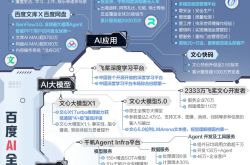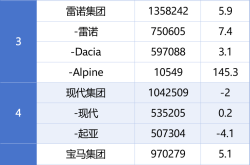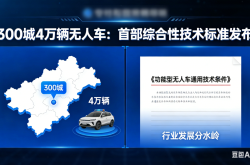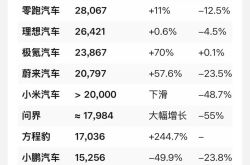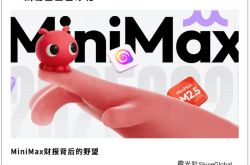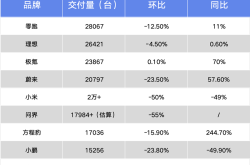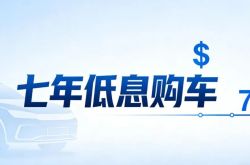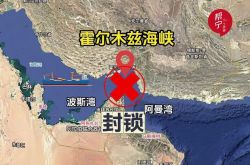Whether battery swapping will ultimately replace supercharging, two executives from Huawei and NIO got into an argument over a disagreement
![]() 07/11 2024
07/11 2024
![]() 572
572
Recently, Li Xiaolong, CTO of Huawei's Terminal BG, appeared as a seasoned car owner to compare the user experience of extended-range vehicles and pure electric vehicles.
"I drive both extended-range and pure electric vehicles at the same time. Although the pure electric range of the extended-range vehicle is short, there's always a tank of gas as a backup. When there's a chance to charge, I can do it casually without wasting time specifically for charging. I won't feel anxious even when the battery is low. When driving a pure electric vehicle, I start to feel anxious when the range falls below 150km, thinking about where I need to go in the next few days and whether I should charge the battery today. No matter how much cheaper the extended-range vehicle is, I won't remove the range extender," he said.
I think he's right. Extended-range and pure electric vehicles each have their own merits, and people have different preferences. The experience is also different, so it's hard to say which is better at this point. This fair comment should not have caused any controversy, but Li Xiaolong's remarks during an interaction with netizens seem to have drawn criticism from those who support battery swapping.

A netizen asked Li Xiaolong, "Some say battery swapping will ultimately replace supercharging. What do you think?" He replied, "If you have a chance to see a comparison of the thickness and dimensions of batteries designed for swapping a few years ago and the latest batteries today, you may change your mind. Modern technology is developing too fast, and being compatible with old batteries is a heavy burden." Although Li Xiaolong did not directly draw a conclusion, his attitude is clear:
Battery swapping will not only fail to replace supercharging in the end but also has the disadvantage of being difficult to be compatible with old batteries. To put it bluntly, in Li Xiaolong's view, battery swapping is not as good as imagined, and he more or less implies that it may not have a bright future. In response, Shen Fei, Senior Vice President of NIO Energy, said something meaningful on Weibo, "Don't speak easily in areas you're not familiar with, or you'll likely turn from an expert into a layman. This is what a Tsinghua professor repeatedly emphasized when the host of the Artificial Intelligence Conference invited him to speak a few days ago, and I deeply agree."

Although Shen Fei did not publicly respond to Li Xiaolong by name, it's clear to anyone with discernment that his statement was a rebuttal to Li Xiaolong's doubts about the battery swapping model. Simply put, Shen Fei does not agree with Li Xiaolong's view and subtly mocks his shallow understanding of battery swapping. It's no wonder, as he is the mastermind behind NIO's battery swapping model and is deeply convinced of its value and future.
To date, NIO has established battery swapping cooperation with seven automakers, including Changan, GAC, Geely, Chery, JAC, Lotus, and FAW. Moreover, NIO has successively cooperated with energy and power companies such as Sinopec, CNOOC, Shell, State Grid, and China Southern Power Grid. It is not difficult to see that NIO's battery swapping alliance is growing stronger, and its unwavering pursuit of the battery swapping route is being accepted by more and more companies, indicating a promising future.
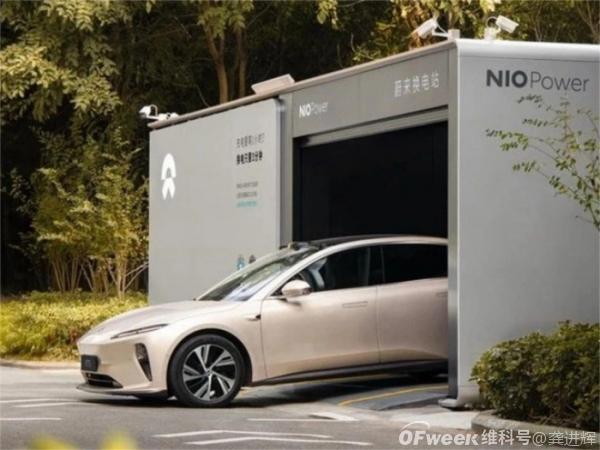
What do you think of the confrontation between Li Xiaolong and Shen Fei? Whom do you support more?

